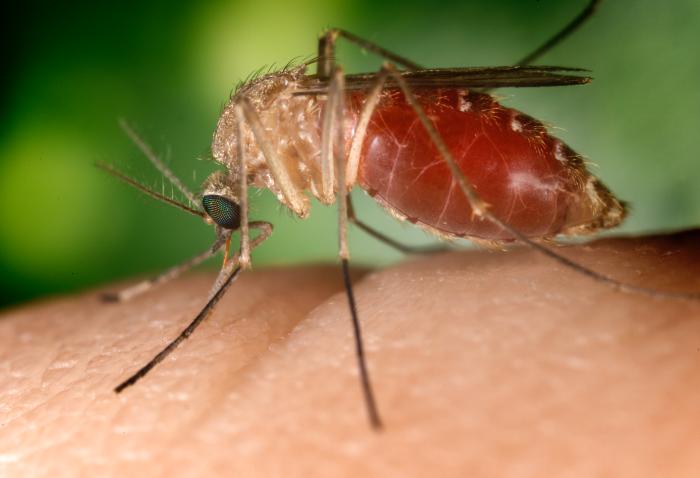A new high-tech gadget inspired by the humble mosquito could one day provide diabetic patients with a portable, artificial pancreas that will painlessly monitor and control their blood sugar levels.
The Electronic Mosquito, or e-mosquito, was invented and patented by Martin Mintchev and Karen Kaler, electrical engineers from the University of Calgary in Canada.
 Modelled on the piercing, sucking mouthparts of mosquitoes, the e-mosquito device is currently about the size of a deck of cards and contains four micro-needles, which are about twice the diameter of a human hair. By carefully controlling the movement of the needles, they can delicately penetrate the skin just far enough to draw blood from shallow capillaries while avoiding nerves that are deeper in the skin, so the patient does not feel a thing.
Modelled on the piercing, sucking mouthparts of mosquitoes, the e-mosquito device is currently about the size of a deck of cards and contains four micro-needles, which are about twice the diameter of a human hair. By carefully controlling the movement of the needles, they can delicately penetrate the skin just far enough to draw blood from shallow capillaries while avoiding nerves that are deeper in the skin, so the patient does not feel a thing.
The needles draw a tiny drop of blood - less than a millilitre - but that is enough for a lab-on-a-chip sensor in the device to measure blood sugar levels. It then sends the information wirelessly to a computer or a monitoring instrument worn on the wrist. It could be hooked up to an alarm to warn the patient or doctor that blood sugar levels are reaching dangerous levels.
Mintchev and Kaler now hope to start working towards making the gadget much smaller, until perhaps it resembles a regular sticking plaster or band-aid, and then diabetic patients would be able to monitor their blood sugar painlessly and effortlessly throughout the day.
The idea is eventually to link the e-mosquito to a device that can administer insulin - that vital hormone that diabetics lack which regulates blood sugar levels - and essentially create an artificial pancreas that not only monitors the amount of glucose in the blood but also automatically delivers the correct dose of insulin. The e-mosquito could soon offer hope to some of the 246 million people worldwide who suffer from diabetes and for whom needles and painful, time-consuming blood tests are still part of every day life.









Comments
Add a comment